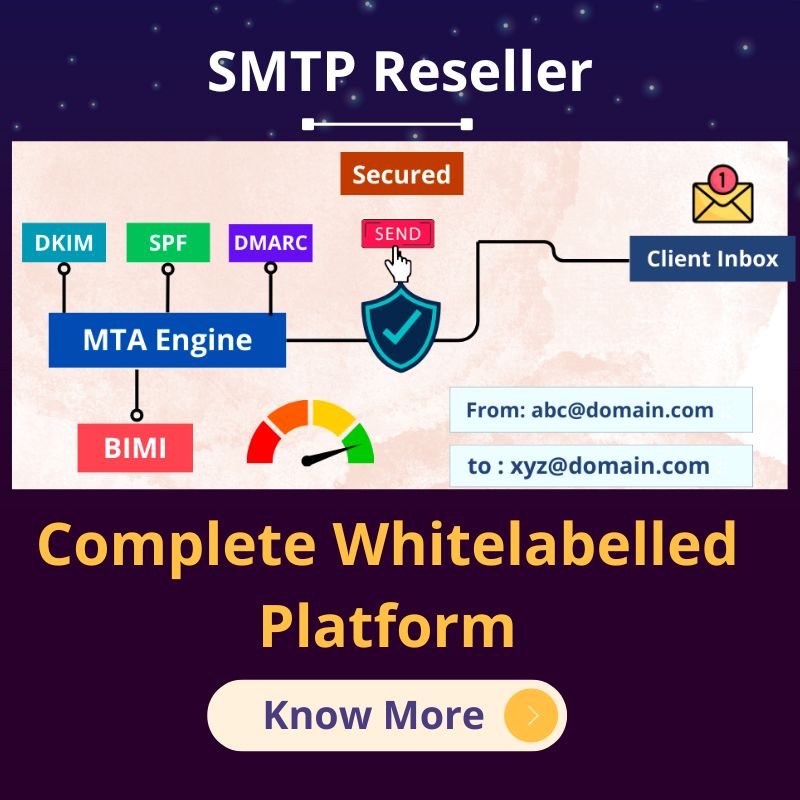Many companies shy away from email marketing campaigns because they think it’s an outdated approach. But 65 percent of B2B marketers said email is the most effective channel for revenue generation. And in 2014, email marketing listed as the most powerful tool for customer retention.
 You should still use effective email marketing for these six reasons.
You should still use effective email marketing for these six reasons.
1. Effective email marketing can help create lasting relationships
A brand with a strong email marketing strategy can become the local news anchor everyone is excited to see. With useful advice and the latest information, he draws individuals in with his engaging personality and then builds trust so his viewers look forward to hearing from him. Receiving emails that are consistently appealing helps prospects and customers feel connected to your brand.
2. Marketing emails can be hyper-personalized and targeted
With other marketing channels—for example, social media—targeting can only be so granular. In fact, many channels have audience-size thresholds that marketers must meet before their ads will even be served. On the contrary, marketing emails highly targeted and personalized down to an individual user level.
With email marketing software, you can analyze user data, segment your contact lists based on common factors and then send emails addressing the specific needs of recipients. Prospects and customers will appreciate this personal touch and be more inspired to interact with your brand.
3. Effective email marketing keeps your brand top of mind
According to a study by Blue Hornet, 34 percent of Americans check their email “throughout the day,” which means companies that aren’t using email marketing are missing out on countless opportunities to link up with prospects and customers.
Your content should be where your target buyers spend their time. If you have their email addresses, you know they have an inbox they are checking regularly. So be there when they are.
4. Effective Email Marketing Campaigns are (relatively) inexpensive
Should you decide to purchase marketing automation or customer relationship management software (which we highly recommend), there will be an initial financial investment. However, after that first expenditure, the cost is often less than a penny per message. With email marketing, you won’t have to worry about media buys or postage or print charges (like in direct mail).
On top of that, marketing automation software reduces the time commitment associated with email marketing—scheduling, sending, database maintenance—making these campaigns even more cost-effective.
5. Emails, in general, are action-oriented
Emails naturally prompt responses—replying, forwarding, clicking through. By including direct calls-to-action (CTAs) with clear benefits in your messages, you can take advantage of this impulse to react and drive traffic to your site or encourage the desired conversion event.
Don’t be afraid to include multiple CTAs in your emails. A common mistake marketers make is stuffing as much into the message as possible. A better tactic is to provide enough information to pick the target’s interest and then include links where he can learn more. But be sure not to use too many CTAs, which can overwhelm the reader—try to keep the total below three.
6. Email marketing is measurable and testable.
One of the great things about email marketing campaigns is the objective metrics—delivery rate, open rate, and click-through rate, among others. Marketers can evaluate performance and make data-driven decisions about how and where to optimize. This is a benefit not all marketing avenues have.
Email marketing also lends itself well to A/B testing. Marketers can test several different elements, including the subject line, email length and CTAs. You can make confident decisions about which approaches work and which don’t.
While email marketing is a great strategy, it’s important to keep in mind that if your messages not crafted properly, it may be all for naught.




















